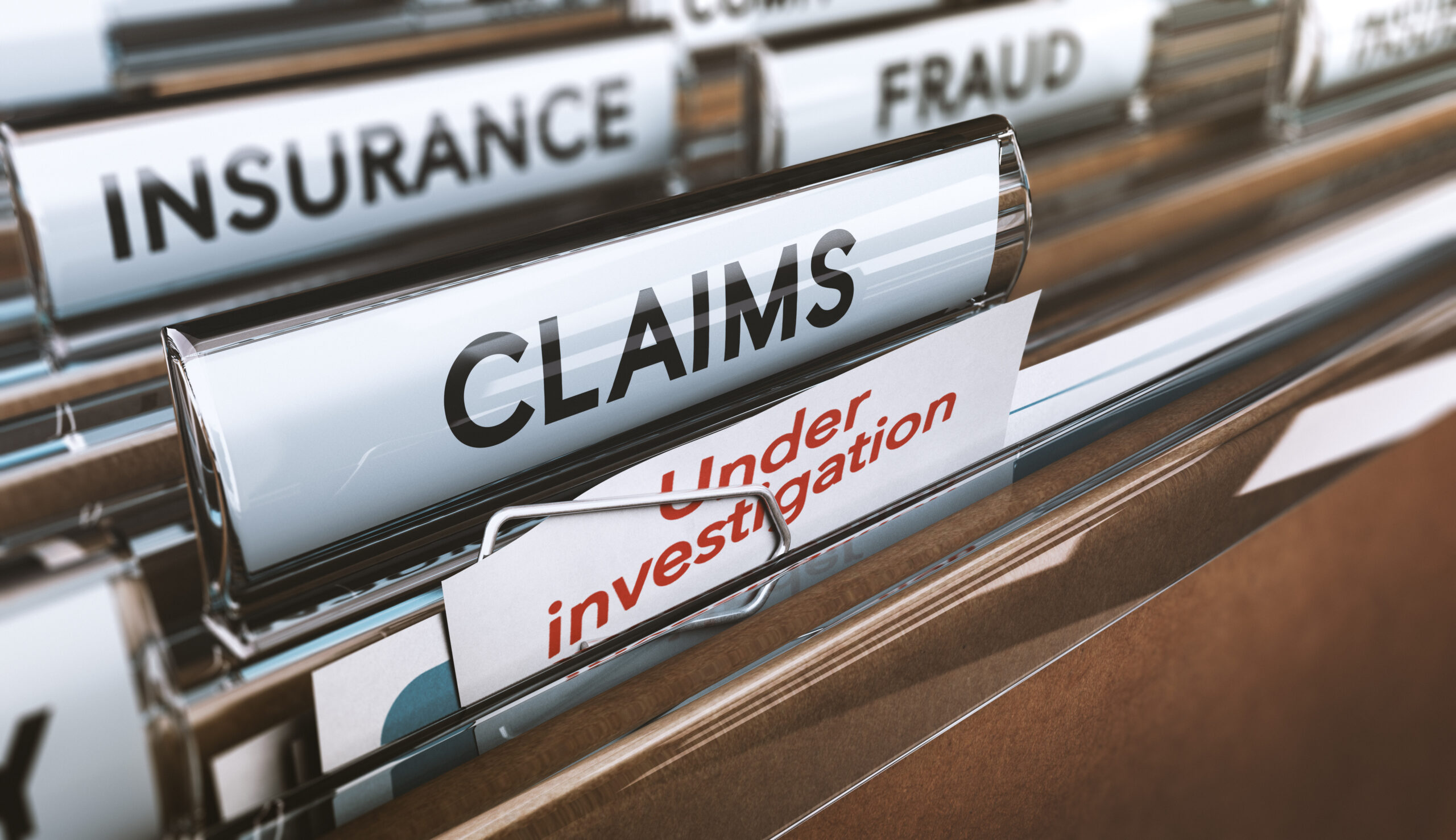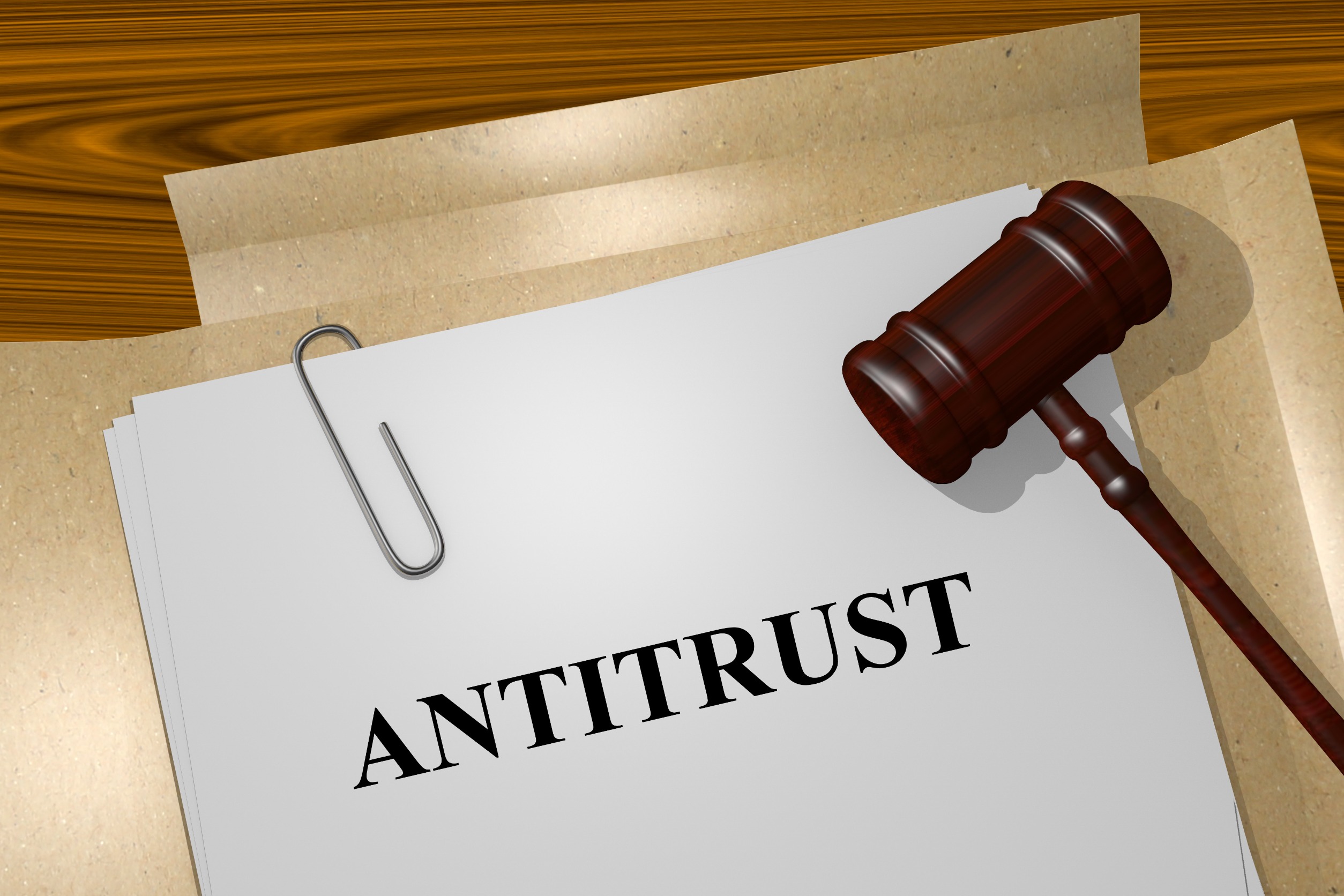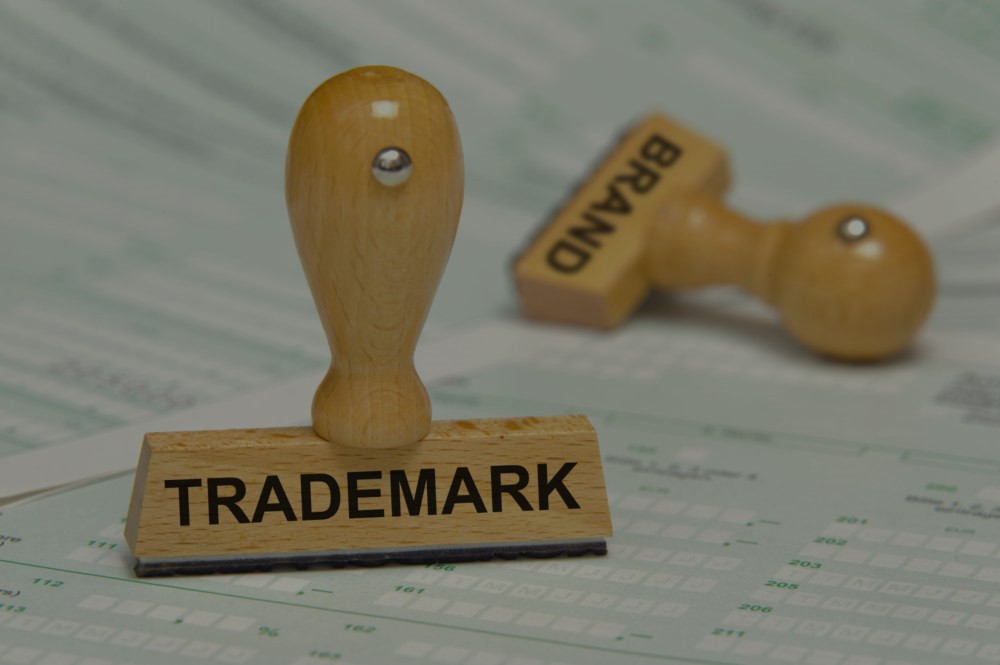Broadcast Date: Wednesday, September 07, 2022
from 12:00 pm to 1:30 pm (ET)
Overview:
In response to a prevailing view that the US was becoming a haven for money laundering, as well as emerging risks posed by advances in financial technology and the advent of virtual currencies, Congress passed the Anti-Money Laundering Act of 2020 (AMLA 2020) as part of the National Defense Authorization Act. AMLA 2020 represents the most significant changes to federal anti-money laundering legislation since the passage of the Patriot Act in 2001. Within this expansive new legislation is the Corporate Transparency Act, which created the framework for a nationwide registry for beneficial ownership. AMLA 2020 also created new mandates for reporting and record-keeping, expanded subpoenas of U.S. law enforcement, and enhanced the role of whistleblowers in detecting and reporting financial crime. These enhancements to existing anti-money laundering laws will force financial institutions to remain vigilant while increasing the compliance requirements for market “gatekeepers” previously unaffected by AML laws.
Join a panel of key thought leaders and professionals assembled by The Knowledge Group as they delve into an in-depth analysis of the significant reforms proposed in AMLA 2020. Speakers will also provide comprehensive guidance on how to respond to these enhanced regulatory requirements.
Key topics include:
- BSA/AML Compliance: Legal Overview
- Significant Reforms Under the Enhanced AMLA 2020
- Risks Posed by Enhanced AML/BSA Obligations
- Key Implications to Your Compliance Policies
- Crucial Pillars for an Effective BSA/AML Compliance Program
Credit:
Course Level:
Intermediate
Advance Preparation:
Print and review course materials
Method of Presentation:
On-demand Webcast (CLE)
Pre-requisite:
General knowledge of banking and finance laws
Course Code:
149907
NY Category of CLE Credit:
Areas of Professional Practice
Total Credits:
1.5 CLE
How to Claim CLE Credits Per State:
https://knowledgewebcasts.com/how-to-claim-cle-credits-per-state/
CLE State Requirements:
https://knowledgewebcasts.com/cle-state-requirements/
CPE State Requirements:
Speaker Panel:
G. Elaine Wood, Vice President
Former Federal Prosecutor and Financial Compliance Expert
Charles River Associates
Elaine Wood is a Vice President in the Risk, Investigations and Analytics practice at Charles River Associates. Ms. Wood is a former Assistant U.S. Attorney for the Southern District of New York with over 20 years of experience conducting global investigations and consulting on internal controls and procedures. Her independent findings have been submitted to regulators, courts and law enforcement agencies. She works with clients to implement compliance controls, and specializes in emerging technology solutions in security, risk management, and data governance. She is an expert in international fraud and money-laundering investigations.
Ms. Wood advises on anti-money laundering (AML) and anti-bribery and corruption (ABC) programs, OFAC, FCPA and UK Bribery Act issues, corporate governance, enterprise risk management, and gap analysis. She is a member of the Association of Certified Fraud Examiners, the Association of Certified Anti-Money Laundering Specialists and the Society of Corporate Compliance and Ethics.
Brad Dragoon, Principal
Expert in Global Financial Crimes and Sanctions Compliance
Charles River Associates
Brad Dragoon is a principal with the Risk, Investigations & Analytics Practice of Charles River Associates, and is located in New York City. Mr. Dragoon is responsible for providing compliance and risk management solutions for financial institutions and conducting complex investigations in the course of litigation or government enforcement action. He has led transactional remediations for foreign-branch offices of global financial institutions based in Europe and Asia under the supervision of state and federal banking regulators. Mr. Dragoon has significant experience in analyzing cross-border payment data, alert testing, customer activity reviews, suspicious-activity reporting, and regulatory guidance.
Ian A. Herbert, Counsel
Experienced in AML Matters and Government Investigations
Miller & Chevalier
Ian Herbert represents global companies, executives, and trustees through government investigations and related litigation. Mr. Herbert has handled all aspects of multi-jurisdictional investigations, including complex legal analysis, global litigation strategy, and factual development. A member of the firm’s Trust and Family Office and Anti-Money Laundering practice groups, Mr. Herbert has experience advising both individuals and entities, including multinational corporations, offshore trustees and financial services companies on a range of issues, including foreign bribery, tax fraud, and other financial crimes. Mr. Herbert writes and speaks regularly on issues related to white-collar criminal enforcement and money-laundering.
Agenda:
G. Elaine Wood, Vice President
Former Federal Prosecutor and Financial Compliance Expert
Charles River Associates
TALKING POINTS:
- The ENABLERS Act, an amendment to the National Defense Authorization Act, moved one step closer to becoming law, when in July 2022, the U.S. House of Representatives officially adopted the amendment. While Ian discusses the broader implications of this law on stakeholders, I will provide a roadmap of what entities not traditionally defined as financial institutions can do prepare for increased disclosure requirements in accordance with the BSA. This discission will include best practices for establishing a BSA program from the ground up.
- Discussion of the pros and potential risks of implementing an internal corporate whistleblower program. With the enhanced whistleblower provisions of AMLA to include senior leadership and third-parties, how can organizations implement strong whistleblower programs? Outline best practices for launching a program and maintaining confidentiality throughout the information change. Provide strategies on how to mitigate potential risks associated with whistleblower programs.
- With increased transparency comes the risk of information overload. The Corporate Transparency Act is intended to create a databases of likely millions of beneficial owners. How can regulated entities navigate this ocean of data? Once the data is filtered, what steps should be taken, such as enhanced due diligence, to identify and mitigate potential red flags in the beneficial ownership of customers and account holders?
Brad Dragoon, Principal
Expert in Global Financial Crimes and Sanctions Compliance
Charles River Associates
TALKING POINTS:
- New “whistleblower” provisions in the Anti-Money laundering Act of 2020 (“AMLA”) notably do not exclude compliance officers, auditors, or counsel, who often learn of violations during the normal course of business. What steps can regulated entities take so that information is not pre-emptively disclosed to enforcement agencies by the professional service providers they hire to identify and remediate potential AML issues?
- Discuss the implications for the development of the new Beneficial Ownership Reporting Requirements and the establishment of a national registry for Beneficial Ownership maintained by FinCEN. This was mandated in the Corporate Transparency Act, part of the National Defense Authorization Act of 2021 and will likely impact millions of entities incorporated in states such as Delaware and Wyoming.
- AMLA has expanded the subpoena power of U.S. law enforcement to obtain records of foreign banks that maintain correspondent relationships in the U.S. Prior to the enactment of this law, much of the burden for managing this risk of correspondent banks fell onto the U.S.-based branch which provided dollar clearing services. With this extension of subpoena power, will certain risks associated with correspondent banking be relieved?
- AMLA has amended the BSA to include activities related to “value that substitutes for currency.” This has been interpreted to include digital currency markets and antiquities dealers. What will be expected of cryptocurrency businesses and art dealers once these new rules come into effect?
Ian A. Herbert, Counsel
Experienced in AML Matters and Government Investigations
Miller & Chevalier
TALKING POINTS:
- In December 2021, as required by the Corporate Transparency Act, FinCEN published its proposed rule regarding the reporting requirements for a new registry of beneficial ownership registry. The proposed rule will not only require companies to take a broader and much more fact-intensive approach to reporting beneficial ownership than has been required under the Customer Due Diligence (CDD) Rule, but also foreshadows a likely shift to the CDD rule, which will be the subject of a separate rulemaking process. The CTA also includes significant criminal penalties on those who provide false information about beneficial ownership or cause false information to be provided.
- The Anti-Money Laundering Act of 2020 created new Bank Secrecy Act violations and additional penalties for repeat offenders and certain individuals. The AMLA created new criminal violations for knowingly concealing, falsifying, or misrepresenting to or from financial institutions and material facts regarding ownership of certain assets related to senior political figures, or any material facts regarding source of funds in certain monetary transactions. (31 USC § 5335). The Biden administration has made clear in documents such as the Strategy for Countering Corruption that it intends to focus on the demand side of bribery, and these additional criminal sanctions could assist with that effort. In addition, the AMLA added to the BSA the ability for Treasury to impose additional civil damages up to three times the profit gained or loss avoided for repeat violators. Finally, the AMLA added additional penalties to be imposed against individuals. Under 31 USC § 5322, individuals who are convicted of violating provisions of the BSA shall be fined an amount equal to the profit gained and shall repay certain bonuses. And under 31 USC § 5321, individuals found to have committed an “egregious” violation of the BSA are prohibited from serving on the board of a financial institution for 10 years.
- In December 2021, FinCEN sought comment on a new rule that would impose nationwide recordkeeping requirements on certain real estate transactions, building off its geographic targeting orders. High-risk real estate transactions has long been a point of emphasis of US regulators, who have focused in recent years on geographic targeting orders. The new regulations will increase the compliance burdens for those engaged in certain real estate transactions.
- In October 2021, the ENABLERS Act was introduced in the US House of Representatives. The ENABLERS Act, which is not yet law, proposes to add “gatekeeper professions” (i.e. accountants, lawyers, art dealers, trust service providers, public relations businesses, and investment advisors) to the BSA’s definition of “financial institutions.” The proposed legislation would also impose AML program and reporting requirements on all businesses defined as “financial institutions” by the BSA, and would eliminate FinCEN’s ability to exempt certain types of businesses from such requirements. Currently FinCEN exempts certain types of business including travel agencies, investment companies, and businesses engaged in vehicle sales from AML regulatory requirements.
Date & Time:
Wednesday, September 07, 2022
12:00 pm to 1:30 pm (ET)
Who Should Attend:
- Chief AML Officers
- Chief Financial Officers
- Chief Compliance Officers
- AML/BSA Compliance Managers and Officers
- AML/BSA Lawyers
- AML/BSA Analysts
- VPs and Directors of Finance
- Financial Reporting Officers
- Internal Auditors
- Finance Executives
- CPAs
- Financial Crime Investigators
- Fraud Risk Managers
- Fraud Investigators
Join Over 160,000 Professionals Empowering Their Careers
Learn anywhere from over 3000+ live and recorded CLE, CPE & Technology Webcasts.






































